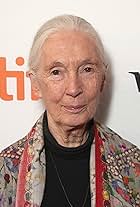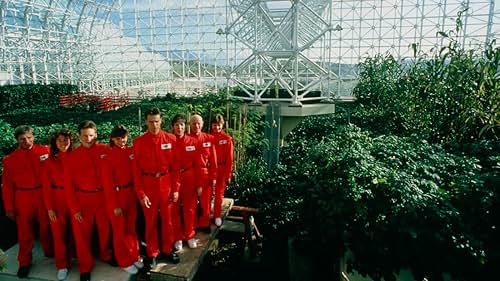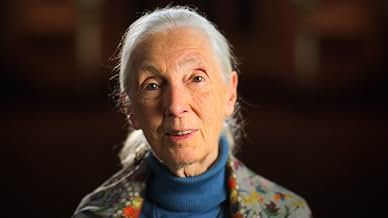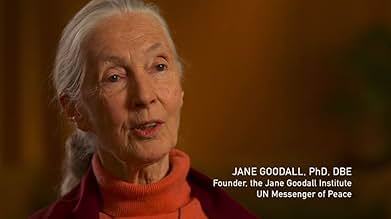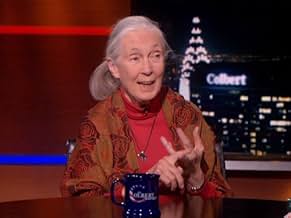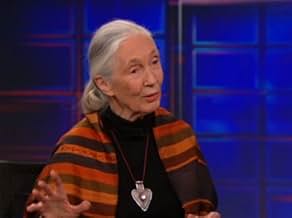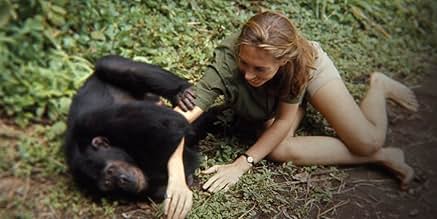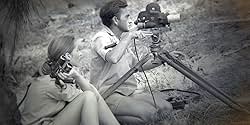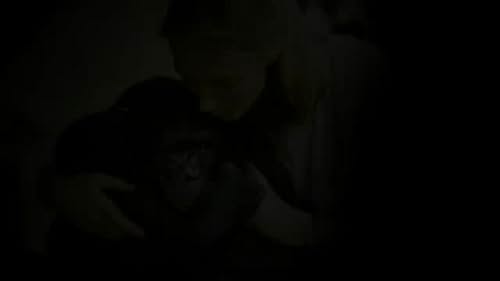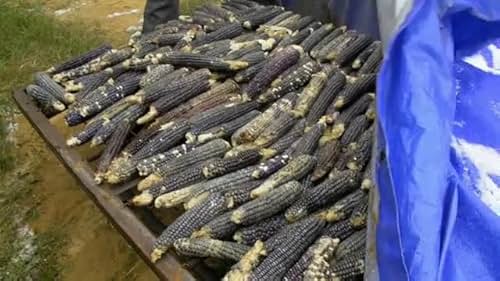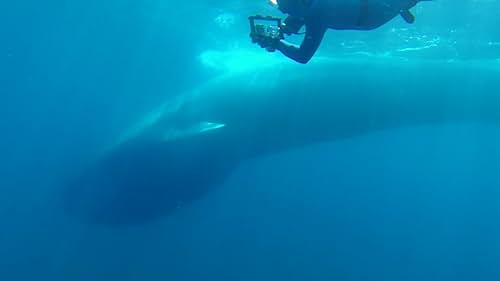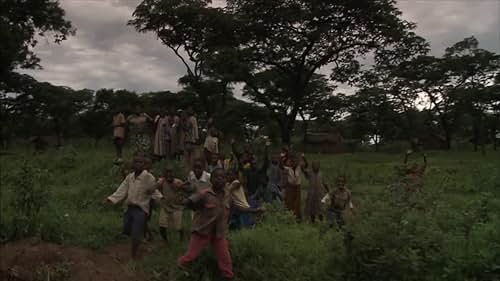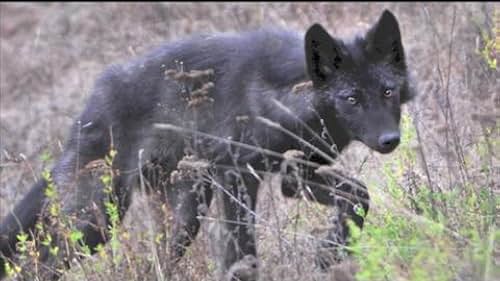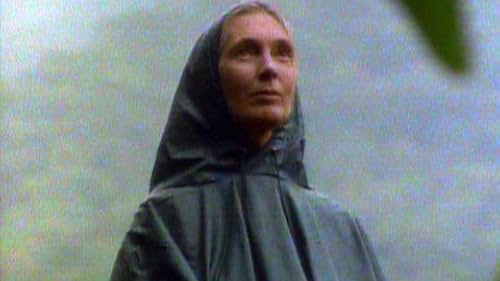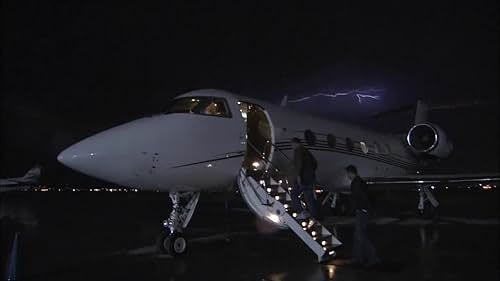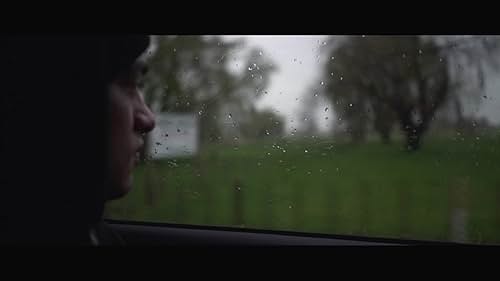Jane Goodall(I)
- Additional Crew
- Actress
- Writer
After her school education, she initially attended a school for secretaries, but in 1957, at the invitation of a former schoolmate, she realized her long-held dream of getting to know Africa and traveled to Kenya. She found a job at the Kenya National Museum and came into contact with its director Louis Leakey. Although Goodall had no academic training at the time, Leakey suggested that she participate in a field study of wild chimpanzees. She then began working as an assistant for Leakey. In 1960, Goodall, accompanied by her mother, traveled to Lake Tanganyika in what is now Gombe National Park. There she began researching primates, which are genetically closely related to humans. Through her "participatory observation method" she was able to gain new insights into the animals. Goodall discovered that chimpanzees make and use tools. Their work also helped to differentiate bonobos from chimpanzees.
In 1965, the researcher temporarily interrupted her studies to do her doctorate at the University of Cambridge. She received an exemption and was therefore able to do a doctorate even though she had never studied. As Dr. Jane Goodall returned to Tanzania, where she founded the "Gombe Stream Research Center" in Gombe in 1967. With funding from the American National Geographic Society, the first texts and images from her studies appeared. Goodall gained worldwide fame with the publication of her book "Wild Chimpanzees". From 1971 to 1975 she taught as a visiting professor at Stanford University in California. In 1977, the researcher founded the "Jane Goodall Institute for Wildlife Research, Education and Conservation" in the USA to ensure the protection of the chimpanzees in Gombe and her research activities. In 1987 Goodall retired from field research. Since then she has been committed to protecting chimpanzees.
As an "ambassador for chimpanzees" she travels around the world, giving lectures on environmental pollution and climate change. She also campaigns against the illegal animal trade. Goodall also coordinates various scientific projects carried out in Gombe. In her published autobiography "Reason for Hope" she writes about the motives of her work and the leitmotif of her life. For Jane Goodall, there seems to be no contradiction between belief in God and the Darwinian theory of evolution. Goodall has since moved back to England, to her childhood home. In 2002 she was appointed UN Messenger of Peace. Jane Goodall is also committed to environmental projects with young people, for which purpose she launched the "Roots & Shoots" project. In 2005 she became an officer of the French Legion of Honor. In 2018, the documentary "Jane" by American director Brett Morgan was released in cinemas. In 2020 she received the Tang Prize in the "Sustainable Development" category.
In 1965, the researcher temporarily interrupted her studies to do her doctorate at the University of Cambridge. She received an exemption and was therefore able to do a doctorate even though she had never studied. As Dr. Jane Goodall returned to Tanzania, where she founded the "Gombe Stream Research Center" in Gombe in 1967. With funding from the American National Geographic Society, the first texts and images from her studies appeared. Goodall gained worldwide fame with the publication of her book "Wild Chimpanzees". From 1971 to 1975 she taught as a visiting professor at Stanford University in California. In 1977, the researcher founded the "Jane Goodall Institute for Wildlife Research, Education and Conservation" in the USA to ensure the protection of the chimpanzees in Gombe and her research activities. In 1987 Goodall retired from field research. Since then she has been committed to protecting chimpanzees.
As an "ambassador for chimpanzees" she travels around the world, giving lectures on environmental pollution and climate change. She also campaigns against the illegal animal trade. Goodall also coordinates various scientific projects carried out in Gombe. In her published autobiography "Reason for Hope" she writes about the motives of her work and the leitmotif of her life. For Jane Goodall, there seems to be no contradiction between belief in God and the Darwinian theory of evolution. Goodall has since moved back to England, to her childhood home. In 2002 she was appointed UN Messenger of Peace. Jane Goodall is also committed to environmental projects with young people, for which purpose she launched the "Roots & Shoots" project. In 2005 she became an officer of the French Legion of Honor. In 2018, the documentary "Jane" by American director Brett Morgan was released in cinemas. In 2020 she received the Tang Prize in the "Sustainable Development" category.
